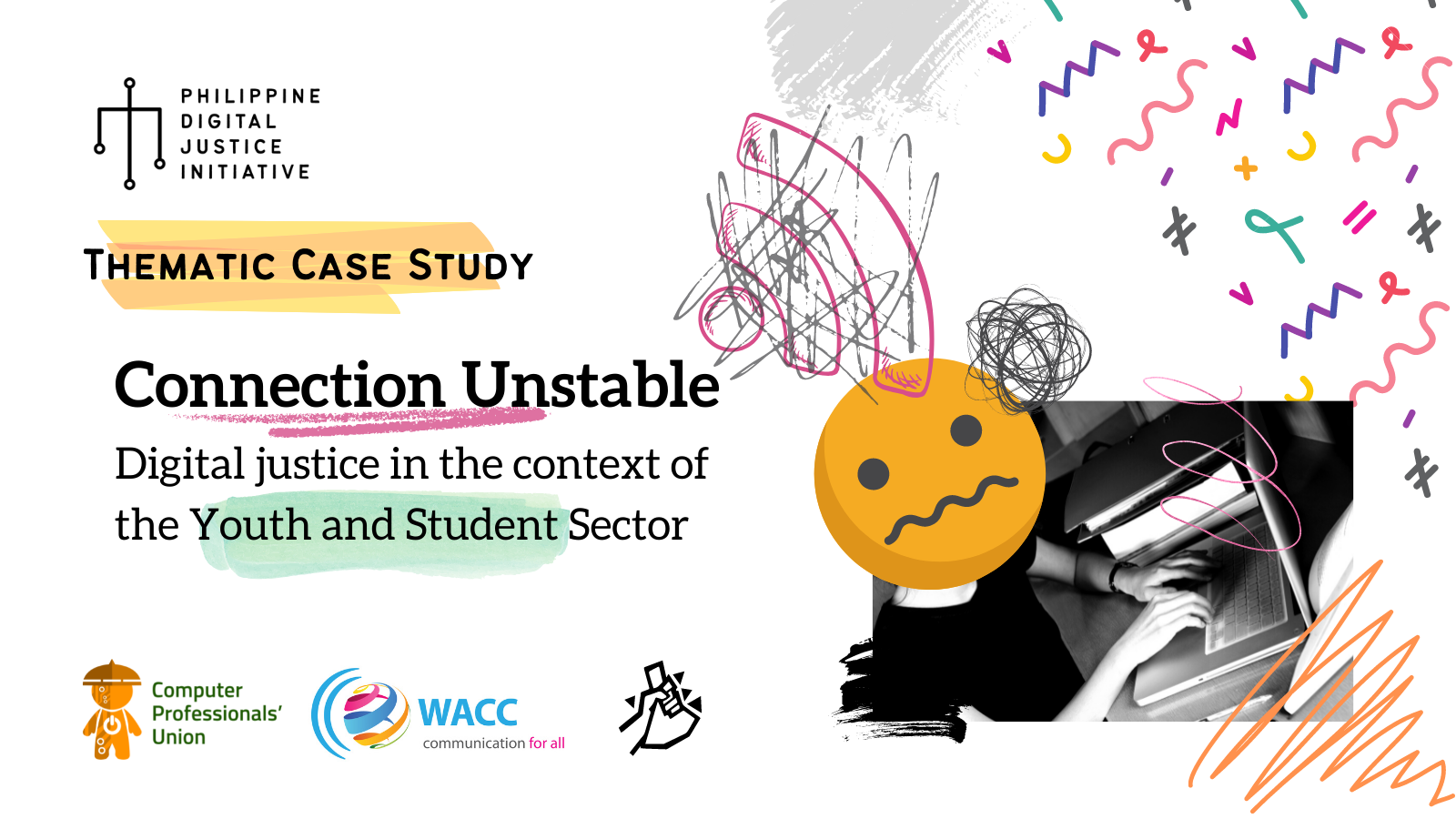Context
The Philippine youth is a sector of society highly fluent in technology and the Internet. According to the Pew Research Center, 94% of people aged 18 to 29 have reported either using the Internet at least on occasion or owning a smartphone. Meanwhile, Talkwalker reports that almost 98% of social media users in the Philippines are younger than 35 years old. The youth’s high engagement in the Internet and social media, coupled with the relatively young population of the country, has earned it many monikers in media, including the “social media capital of the world”.
This high digital literacy presents an opportunity for civic society to use technology to reach out to the youth and promote active citizenry. As of now, the youth sector has a high distrust in government; according to Deloitte Philippines, only 16% of the youth sector regard public servants as an accurate source of information, hardly a surprise given deeply-rooted political impunity of the government elite and historical anti-people policies. By implementing truly pro-people reforms and giving the youth opportunities to become productive citizens and nation-builders, the public sector can stand to use technology well in pursuit of a better economy and a better, more equitable and just society for all.
Despite this, the rapid corporatization and monopolization of technology in the Philippines and around the globe pose a danger towards the development and engagement of the youth. With more essential services than ever being reliant on technology and the Internet - from the entire Philippine education system to even socializing amongst friends - it is important to tackle and understand issues in digital justice that the youth is facing, and carve a concrete way forward for the public sector in tackling these issues towards a better and more productive society for all.
In this case study, attention will be paid to the impacts of rapid digitalization among the youth, especially in the context of digital justice. The outlook of the sector will be sketched out with regards to digital equity, access to education, and data privacy. In particular, the impact of unchecked digitalization on the education sector, particularly in the context of distance learning and the COVID-19 pandemic, will be laid out through surveys and focus discussions with students. These issues will then be linked back to the issue of monopolization in the digital space and the impacts that the profit motive has on the Internet and society at present. Throughout the case study, policy suggestions will be laid out to determine how best to move forward with the current state of play.

